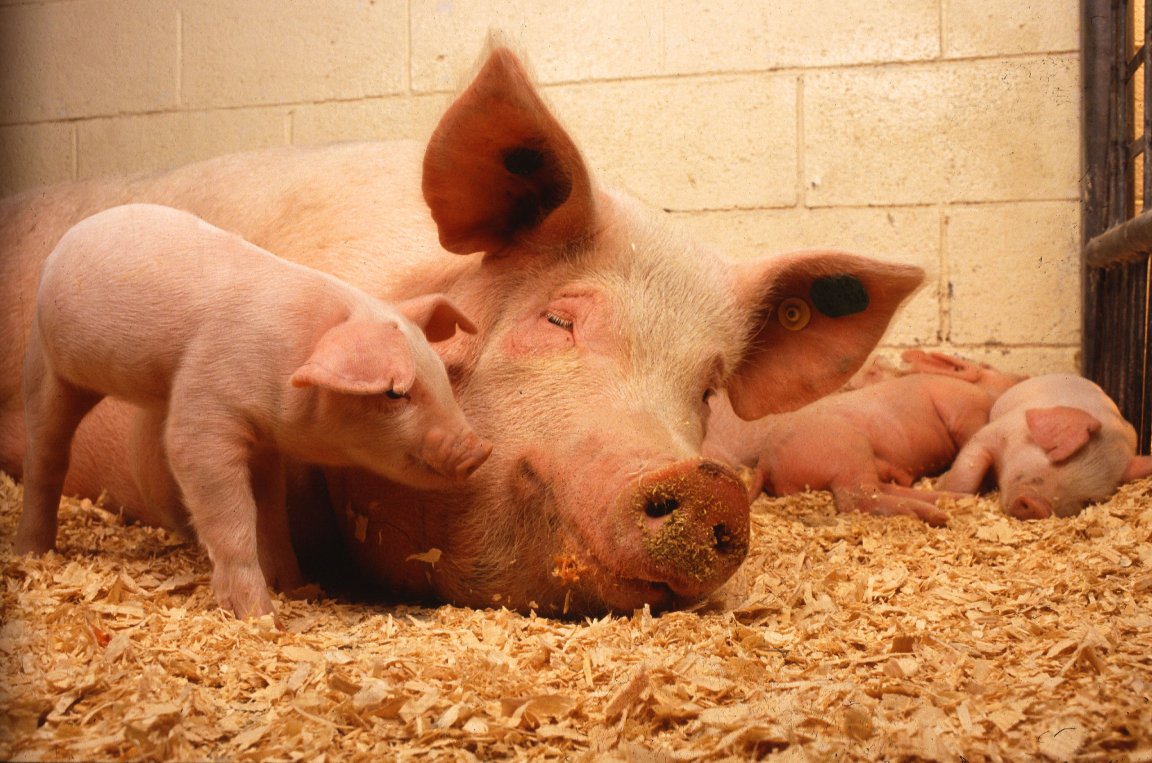
Pig Transplants
Advances in genome-editing technology and developments in immunosuppressant drugs could pave the way for the viability of pig-to-human transplants. These new technologies could allow scientists and doctors quickly and accurately manipulate and edit pig genes in order to help prevent rejection or infection.
The development comes largely thanks to advances in genome-editing technologies such as CRISPR/Cas9. As Nature notes, These techniques allow scientists to edit pig genes, which could cause rejection or infection, much more quickly and accurately than has been possible in the past. In October, eGenesis, a life-sciences company in Boston, Massachusetts, announced that it had edited the pig genome in a remarkable 62 places all at once.
Some researchers now expect to see human trials with solid organs such as kidneys from genetically modified pigs within the next few years. Indeed, within the next few years, some researchers plan to conduct human trials using kidneys and lungs from pigs that have been genetically modified.
However, transplant surgeon Jeremy Chapman from the Westmead Hospital in Australia is wary of the challenges ahead, saying “I think we’re getting closer, in terms of science… but I’m not yet convinced we’ve surpassed all the critical issues that are ahead of us. Xenotransplantation has had a long enduring reality that every time we knock down a barrier, there’s another one just a few steps on.”
Xenotransplantation
The history of using animal organs to replace human organs is a long and storied one. Since the 1960s, scientists have attempted to transplant baboon and chimpanzee kidneys into human subjects with little to no success. The first major barrier was a sugar molecule found in non-human organs called α-gal, which cause the human immune system to reject these transplants.
Despite this knowledge, the xenotransplantation industry continued to struggle with the issue infection caused by dorman porcine endogenous retroviruses (PERVs) and would soon halt research.
In recent years, smaller teams and startups have focused on tissue transplants have once again sparked interest in xenotransplantation. Living Cell Technologies research lead Jackie Lee expressed optimism for the future, saying “I think people are coming around to look at xenotransplantation in a more-favourable light knowing that we have strong safety data.”